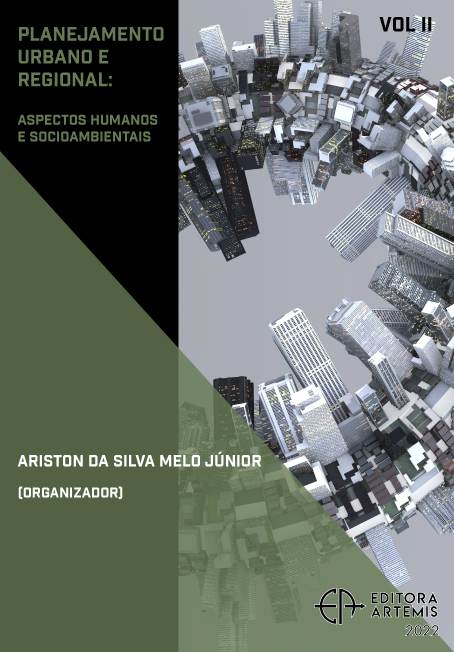
O AGENCIAMENTO DA BICICULTURA ATRAVÉS DOS PROGRAMAS DE CICLOVIAS RECREATIVAS: DEMARCANDO O PROBLEMA DE PESQUISA
O objetivo deste capítulo será de interpretar os programas de ciclovias recreativas como tecnologias políticas no agenciamento da bicicultura. Pretendemos compreender a organização das experiências de gestão público-privada contextualizada a Red de Ciclovías Recreativas de las Américas (Red-CRA) e analisar as convergências e divergências discursivas nesta forma de agenciamento cultural relacionada ao trabalho de promoção da mobilidade ativa sustentável. A hipótese de pesquisa centra-se na possibilidade de pensar o trânsito da via pública disposta para o sujeito da mobilidade por bicicleta inserido em um contexto de insegurança devido ao risco de acidentes, quadro estrutural de violência proporcionada pela ocupação desordenada da automobilidade. Pensar a bicicleta para além do marketing "estilo de vida saudável", pois as instituições públicas têm a responsabilidade de repensar o modelo hegemônico de governamentalidade da mobilidade urbana contemporânea calcado no transporte motorizado, estruturado com base no modelo rodoviarista, a promover condições favoráveis seguras e confortáveis para que as pessoas possam optar, em seu tempo livre, do uso da própria energia ao transitar em um espaço seguro em conjunto da reflexão crítica ocupado por esta rede de promotores latino-americanos promove uma alternativa viável de política pública com o fechamento parcial-temporário de vias públicas aos domingos e feriados para usufruto das pessoas como tempo-espaço para preparar o futuro ciclista cotidiano.
O AGENCIAMENTO DA BICICULTURA ATRAVÉS DOS PROGRAMAS DE CICLOVIAS RECREATIVAS: DEMARCANDO O PROBLEMA DE PESQUISA
-
DOI: 10.37572/EdArt_2708226208
-
Palavras-chave: ciclovias recreativas, mobilidade ativa, política pública, planejamento de cidades
-
Keywords: open streets, active mobility, public policy, city planning
-
Abstract:
The objective this article interpreting programs of recreational cycle paths as political technologies in the agency of biciculture. We intend to understand the organization of public-private management experiences in the context of the Red de Ciclovías Recreativas de las Américas (Red-CRA) and analyze the discursive convergences and divergences in this form of cultural agency related to the work of promoting sustainable active mobility. The research hypothesis focuses on the possibility of thinking about the transit of the public road arranged for the subject of mobility by bicycle inserted in a context of insecurity due to the risk of accidents, a structural framework of violence provided by the disorderly occupation of automobility. Thinking about the bicycle beyond marketing "healthy lifestyle", as public institutions have the responsibility to rethink the hegemonic model of governmentality of contemporary urban mobility based on motorized transport, structured based on the road model, to promote safe and favorable conditions comfortable so that people can choose, in their free time, the use of their own energy when transiting in a safe space together with the critical reflection occupied by this network of Latin American promoters promotes a viable alternative of public policy with the partial closure- public roads on Sundays and holidays for people to enjoy as a time-space to prepare future cyclists to ride in their daily lives.
-
Número de páginas: 15
- Leandro Dri Manfiolete Troncoso

